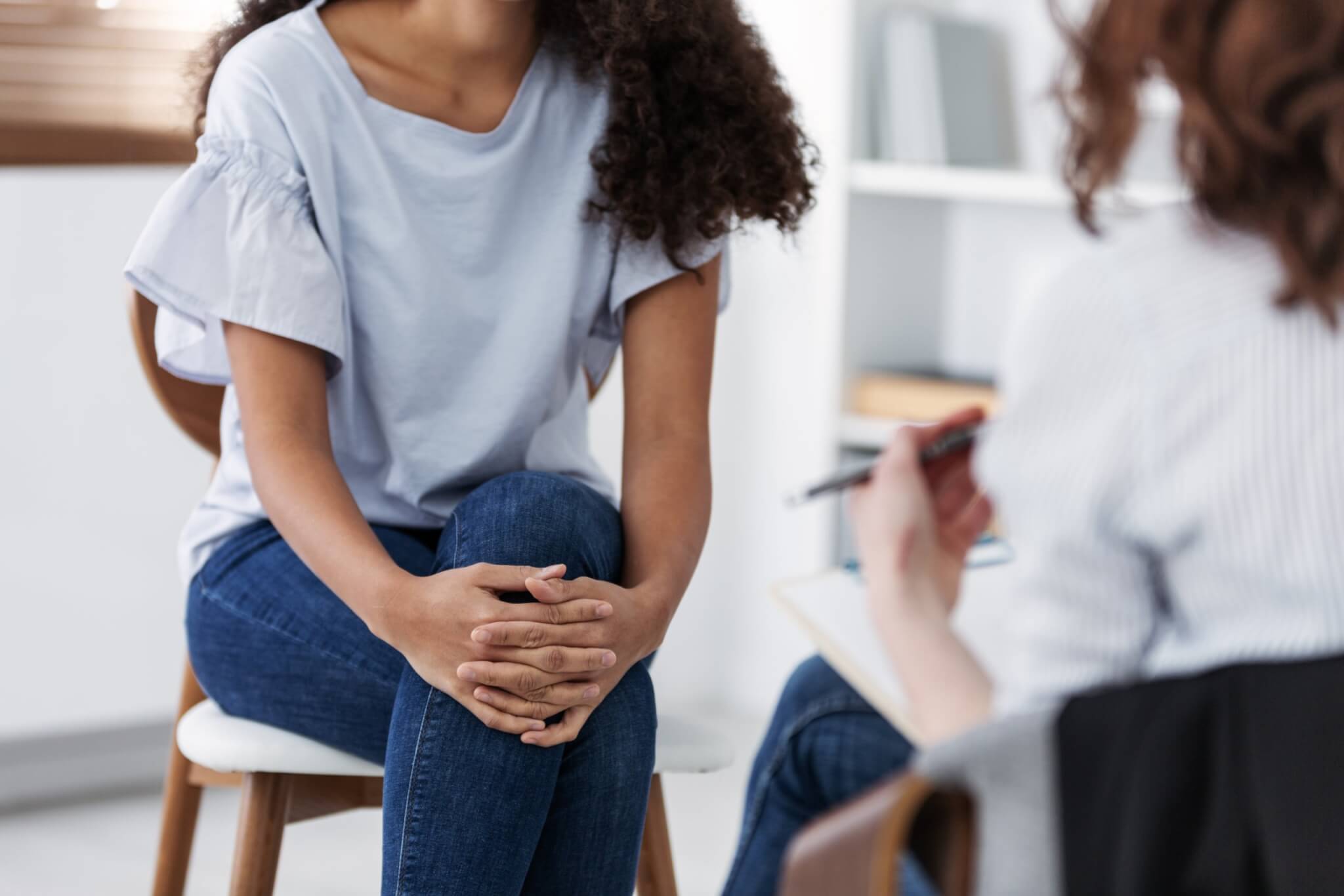Healthcare Organizations Partner to Expand Mental Health Care
As community leaders began tackling the urgent need for more and better coordinated behavioral and mental health concerns, the coronavirus pandemic has pushed this issue to the forefront even faster and further, it also prompted more people to provide input on the topic in a recent survey.
“The number of people seeking new patient appointments at our outpatient clinic has tripled or quadrupled, said Alice Nuttall, associate vice president of Behavioral Health Services at Lakeland Regional Health and co-chair of the Behavioral Health Committee of Polk Vision. Her office space has grown 50% in the last year as she adds counselors and support staff to deal with the increase.
People are stressed by the pandemic and the resulting isolation it’s caused for many. “They are trying to figure out how to reach out, how to deal with it,” she said.
Behavioral health, including mental illness and substance abuse, is the No. 1 health concern in Polk County, according to the 2020 Community Health Assessment (CHA). Within that broad category, suicides, lack of mental health providers, and drug and alcohol abuse were identified as top concerns to be addressed to improve the health of Polk County.
The Polk County Board of County Commissioners and Citizens Healthcare Oversight Committee members are using indigent care funds as part of a public-private partnership that includes LRH, Central Florida Health Care, BayCare and AdventHealth. The goal is to create a comprehensive behavioral health strategic plan for mental health and substance abuse services. Crescendo Consulting Group is leading the effort.
Holly Vida, director of marketing and community relations at CFHC who co-chairs the Polk Vision committee with Nuttall, said there was robust conversation among providers, navigators, community members and more during the data gathering stage. Now that data collection has been completed, they are analyzing the data to formulate a plan to present to stakeholders.
When initial findings are prepared, the committee will gather feedback from stakeholders before they present findings to the Citizens Oversight Committee at its meeting in March, with a final report expected in April.
“When that report is done, we will identify the top three to five priorities (out of 30 or so) to tackle during the next three to five years — what we think we can fix,” said Kim Long, executive director of Polk Vision, which is leading the effort. “All stakeholders have to agree to systems’ changes. If we don’t change, this will all mean nothing.”
The Good News
Although the report is taking longer than expected, that’s good news, Vida said, because participation has been at such a high level from everyone, including the School District, municipal leaders, providers and even the Polk County Sheriff’s Office — the biggest provider of behavioral/mental health services in Polk because of the inmate population.
Inmates were asked to complete surveys to provide input on how they navigate the system, whether they had problems with access and the like. “We will have the perspective of a population that has indicated high need,” Long said. Vida questioned whether the outcomes might have been different if the inmates had received help earlier.
Now, “everyone is excited and committed to being a part of the solution,” Vida said. “We are taking off all of our personal hats and collaborating, understanding it will benefit all of us in the long run — our families and our community — to make it a better place.”
The Virus Effects
Polk County was already at a serious level of mental and behavioral health, knowing it needed to focus on this. Then the pandemic surfaced.
“The work is more poignant because anxiety levels, depression, fear and being housebound because of the coronavirus are causing so many spikes in things related to mental health, behavior abuse, substance abuse, child abuse,” Long said.
The standard number of patients at LRH has increased from 2019 to 2020, but the medical system has also added services and providers, Nuttall said. Nevertheless, COVID is part of every conversation.
“Maybe someone was dealing with relationship problems or school before, and then you put COVID on top of it and it becomes really, really hard.”
A study by the National Institutes of Health on isolation showed the number of people struggling with mental health issues and needing treatment has increased from about 20% to 33%, Nuttall said.
The virus has hit young people very hard, she said, and LRH has seen some spikes in the number of youths admitted to the hospital under the Baker Act. But Polk County has not witnessed the number of suicides other pockets of the country have.
“Still, there is a tremendous need out there,” she said, “and we continue to have virtual options for families who need it.”
Peace River Center offers a free Emotional Support and Crisis Line, available 24-hours a day, 365 days a year by calling 863.519.3744. There are also tons of resources (articles, workbooks, on-demand webinars) available on their COVID-19 Mental Health Resources page.



